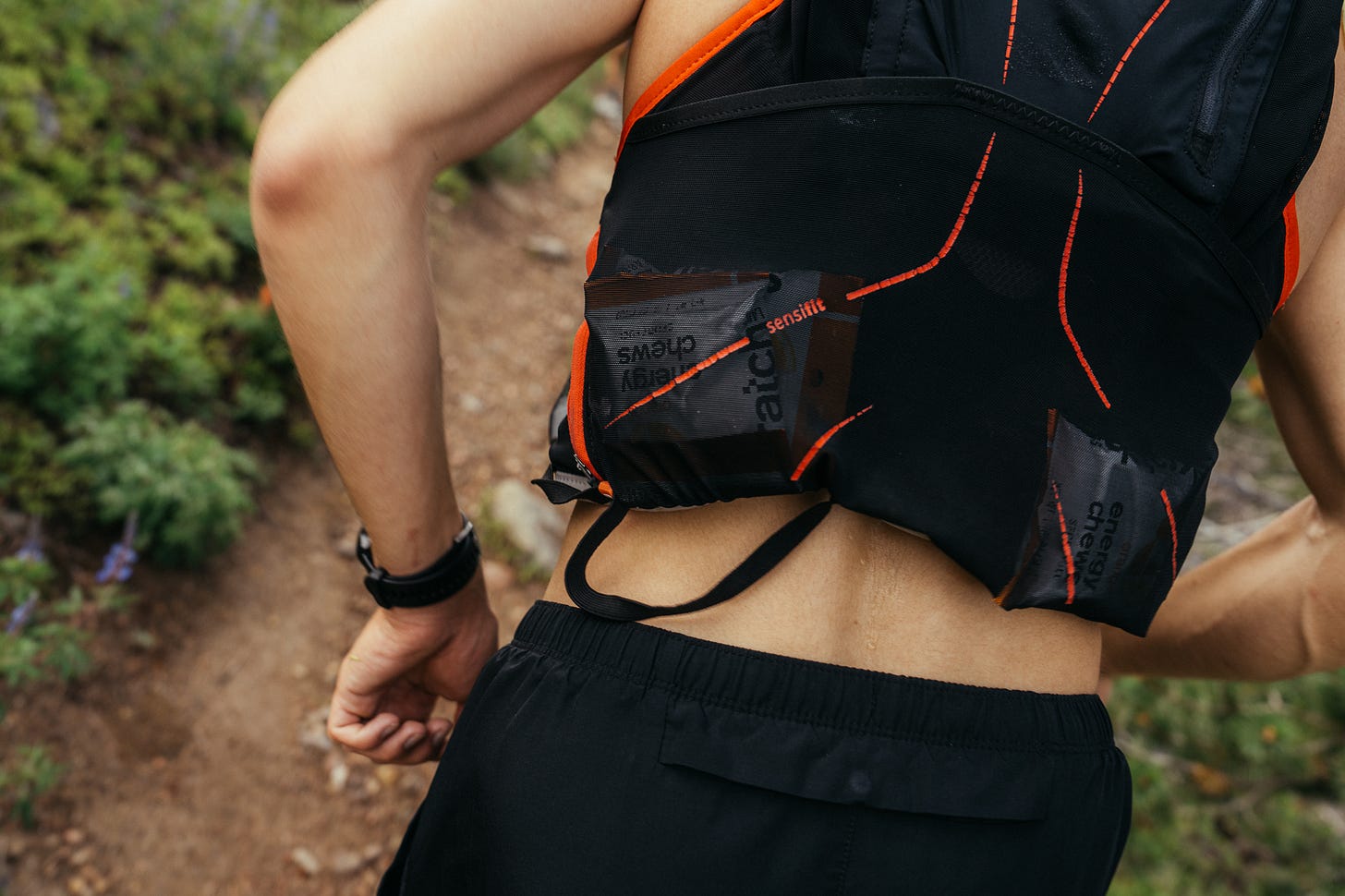“7 Things Every High School Runner Should Master Before August”
Athletes from all over send the same message in different words: “I’m not getting as fast as I want.”“What can I do to get faster before the season starts?” It’s honest. It’s urgent. And it’s usually
Every year around early July, my inbox lights up. Athletes from all over send the same message in different words:
“I’m not getting as fast as I want.”
“What can I do to get faster before the season starts?”
It’s honest. It’s urgent. And it’s usually followed by some panic about time slipping away.
But here’s the truth I always tell them — and I’ll tell you too:
Summer training is where the magic happens — but it’s not just about miles.
Whether you’re training to make varsity, eyeing a PR, or just getting back into shape for cross country, the habits you build now will show up in your legs, and your mindset, when the season starts.
1. Pacing Your Easy Days
If you're running hard every day, you're doing it wrong.
Learning to run easy - actually easy - is one of the most important skills you can develop. It’s not just about effort, it’s about recovery. If you don’t learn to slow down, you’ll never have the energy to go fast when it counts.
Pro tip: You should be able to talk in full sentences. If not, you’re not running easy.
2. Running Without Music (and Without Company)
Some days you’ll have teammates. Some days you won’t. Some courses are loud. Some are quiet. And on race day, no one can run the race for you.
Learning to run alone — without music, distraction, or conversation — trains your mind as much as your body.
Why does this matter?
Because being alone with your breath and thoughts forces you to pay attention to what’s happening inside your body and your mind and that’s where real growth happens.
Here’s what the research and experience say:
Deliberate solitude builds resilience. According to a 2019 study published in The Journal of Adolescence, athletes who regularly practiced solitary training (like distance running) developed greater emotional regulation and stress tolerance than those who trained in team environments alone.
Mental toughness is built through discomfort. When you choose to run without external stimulation no music, no teammates setting the pace you build what psychologists call distress tolerance. This is your ability to stay calm and focused even when things get hard, uncertain, or boring — aka: race conditions.
Internal focus improves performance. Research in The Sport Psychologist shows that endurance athletes with a high level of association (focusing inward on breath, cadence, effort) tend to outperform those who constantly seek distraction (dissociation strategies like music or talking). Why? Because they learn to work with discomfort, not around it.
3. Writing a Simple Training Log
No, not for your coach for you. If you want to solve the problem of bad runs and poor performances you have to do the uncomfortable work
Keep track of:
Distance
Time
Effort (1–10)
Notes on how you felt
Patterns matter. Learning how your body responds to workouts, sleep, stress, and nutrition turns you into a smarter athlete. Write it down. The second step is reflecting on why - if you had a bad run/ race / workout - what got you here?
4. Fueling Like It’s Part of the Workout
You can’t out-train a lack of fuel.
If you’re not eating enough before and after runs, you’re not building fitness you’re just digging a deeper hole. Start experimenting now with pre-run snacks, mid-run fuel (if you're going long), and recovery meals. More and more research is showing that fueling inside your workouts over 40 minutes increases energy and promotes faster recovery.
The work you’re doing here to find out what food works
What works for your teammate might not work for you. Learn your body.
5. Recovering Like a Pro
Want to know the difference between a 20-mile week athlete and a 50-mile week athlete?
Recovery.
Get serious about:
Hydration (electrolytes and water)
Sleep (more than you think)
Stretching and mobility
Days off (yes, real rest)
Your body grows when it recovers. Take that part seriously.
6. Turning “Bad Runs” Into Learning Opportunities
They will happen. Bad runs. Sluggish legs. Side stitches. Doubt.
The best runners don’t avoid those moments — they learn from them. One run doesn’t define your summer, your season, or your identity.
Ask yourself:
What did I learn today? What would I do differently next time?
That’s what growth looks like.
7. Building a Morning Routine That Sets the Tone
If you want consistency, it starts in the first 15 minutes of your day.
Wake up at the same time
Eat something before your run
Do a short warm-up before heading out
Have your gear ready the night before
The less you leave to chance, the more you can just run. And when school starts back up, you’ll be way ahead of the game.
Final Thought:
Summer isn’t just a build-up to the season — it is the season.
Every run, every recovery day, every time you choose the long-term path over the shortcut — you’re building something real. You’re building your base. And more importantly, you’re building belief in what you can become.
Let’s make this summer count. Share this with a teammate who needs a nudge or a reminder. August is coming fast — show up ready.






